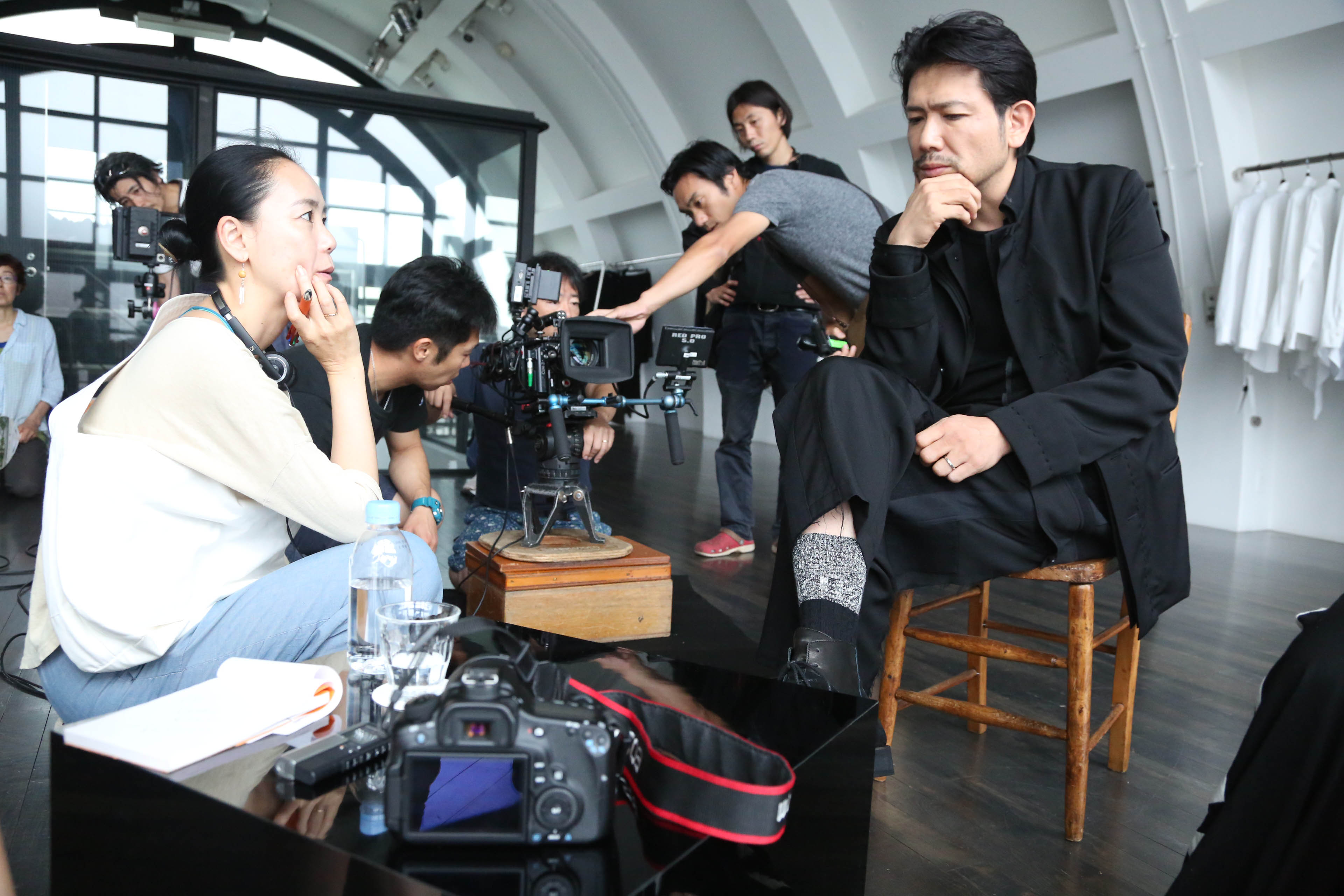Naomi Kawase has always been an outlier in the Japanese film world, if a very successful one. Born and raised in Nara Prefecture, the site of Japan's ancient capital, she started making documentaries while a student at the Osaka School of Photography in the late 1980s, taking as subjects her natural surroundings and immediate family, particularly the great-aunt who had raised her following the break-up of her parents' marriage.
In 1997 Kawase's first fiction feature, "Suzaku" ("Moe no Suzaku"), won the Camera d'Or prize for best new director at the Cannes Film Festival. This film about the disintegration of a family in rural Nara was part of a new wave that brought Japanese cinema to the renewed attention of the world after the Golden Age of the 1950s and '60s. But unlike such new-wave directors as Takeshi Kitano, Kiyoshi Kurosawa and Hirokazu Koreeda, Kawase kept her focus almost exclusively on the personal, local and natural/spiritual, while rejecting the lure of genre and the influence of pop culture.
This independent stance did not hurt her with Cannes: Her 2007 "The Mourning Forest" ("Mogari no Mori") won the Cannes Grand Prix and she has long been a frequent presence at the festival, including a stint on the 2013 main competition jury.

















With your current subscription plan you can comment on stories. However, before writing your first comment, please create a display name in the Profile section of your subscriber account page.